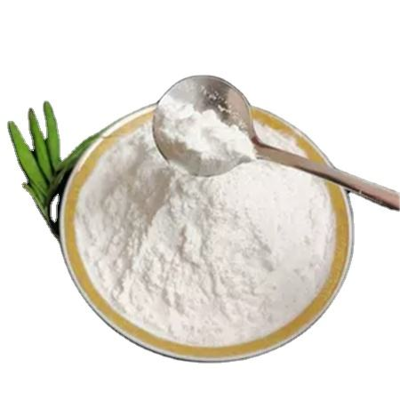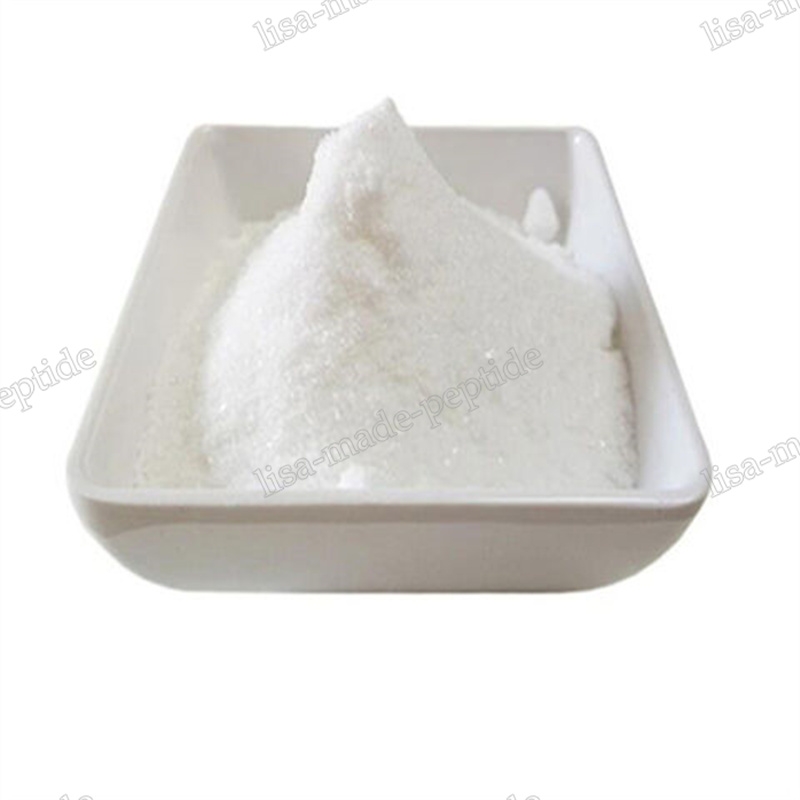-
Categories
-
Pharmaceutical Intermediates
-
Active Pharmaceutical Ingredients
-
Food Additives
- Industrial Coatings
- Agrochemicals
- Dyes and Pigments
- Surfactant
- Flavors and Fragrances
- Chemical Reagents
- Catalyst and Auxiliary
- Natural Products
- Inorganic Chemistry
-
Organic Chemistry
-
Biochemical Engineering
- Analytical Chemistry
-
Cosmetic Ingredient
- Water Treatment Chemical
-
Pharmaceutical Intermediates
Promotion
ECHEMI Mall
Wholesale
Weekly Price
Exhibition
News
-
Trade Service
In response to the impact of the continued surge in prices, Germany announced a natural gas surcharge from October
On August 15, local time, Germany announced that it will start to collect natural gas surcharges in October.
The German Chemical Industry Association (VCI) said on the same day that it is estimated that the introduction of natural gas surcharges will cost the country's chemical and pharmaceutical industry more than 3 billion euros a year
VCI Director General Wolfgang Gross Entrup said that while the chemical industry recognized the need for the tax, it was concerned about its impact
“One thing is clear: of all the models discussed, taxing is the best (option) from an economic standpoint
The VCI warns that many companies are on the brink of collapse due to the multiple burdens of high gas and electricity prices, as well as expensive raw material costs
"We must not compromise the economic performance
Natural gas consumers will have to pay the tax from October 1, 2022, until April 1, 2024
The VCI advocates keeping gas surcharges as low as possible through state subsidies
According to VCI data, the chemical industry accounts for about 15% of Germany's natural gas consumption, using about 2.
It is understood that due to the crisis of natural gas supply in Germany, suppliers have to buy natural gas from other places at higher prices to make up for the lack of supply.
The German Energy-Intensive Industries Association issued a statement on the 15th saying that companies in six energy-intensive industries such as steel, chemicals and paper must deal with a total of about 5.
Previously, companies in these industries had added billions of euros in extra costs compared to the same period last year







